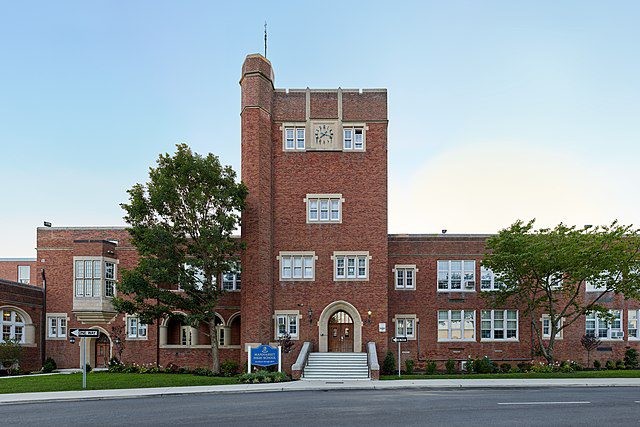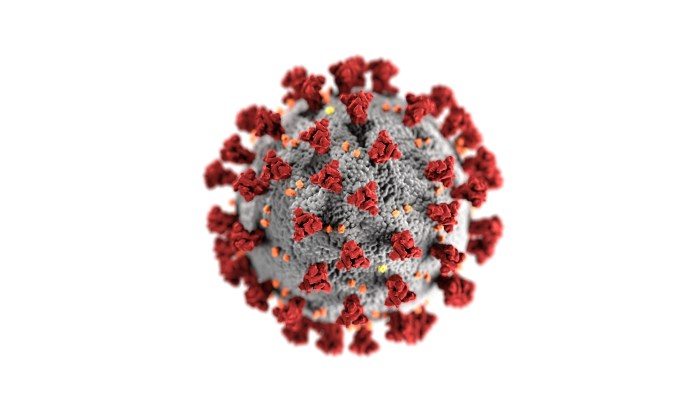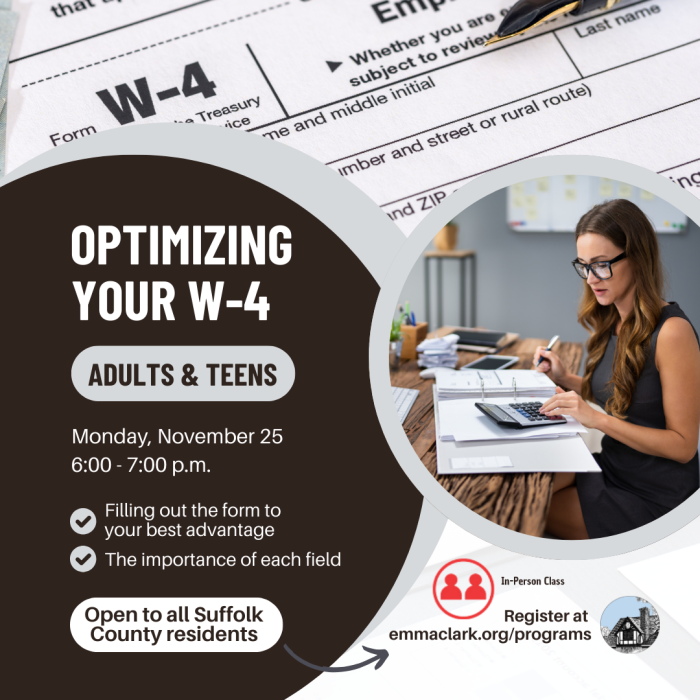
The water is indeed contaminated—by carcinogen 1,4-dioxane—and the problem is affecting Garden City, as has been documented since 2018. The 1,4-dioxane, found in many cosmetics, foods and supplements, has been said to cause liver and kidney damage, cancers and even possible reproductive effects to those who are exposed long-term: as little as 0.35 parts per billion, or just 20 drops in an Olympic-sized swimming pool, is enough to increase incidence of cancer by one in one million when consumed over a lifetime, according to the United States Environmental Protection Agency (EPA).
Thus, the village board of trustees declared an emergency to purchase oxidant storage tanks for wells 15 and 16 without competitive bidding, its third such declaration. These tanks are required for use with the Trojanuflex advanced oxidation process (AOP) systems for the removal of the 1,4-dioxane.
Also, the first item of the village’s formal agenda at the Dec. 12 board meeting was to set a date for a public hearing (named Jan. 9, 2020) regarding a proposed local law to amend Article II (water conservation) of the village code, so as to enable the Superintendent of Public Works Joseph DiFrancisco to declare a “water emergency” and further restrict water usage in Garden City.
Nevertheless, trustees assured concerned citizens that there isn’t a water emergency—rather a contingency plan.
“It doesn’t mean we have an emergency right now, it’s simply setting a date for a public hearing for local law to give the superintendent another tool in his toolbox, if you will, so if it comes to a point where there is an emergency, he could declare it and take appropriate action,” said trustee John Delany. “It’s another proactive step, as we have done since last July, on this water issue.”
Because the village’s existing water treatment systems don’t remove 1,4-dioxane, the village is investing in new filtration methods, although it doesn’t anticipate having enough time to implement them before the state’s new dioxane regulations take effect in early January. The Dec. 12 motion to move the aforementioned article (a unanimous 7-0 decision) allows DiFrancisco to meet demand by severely reducing usage, such as banning all lawn watering, without exceeding the state’s pending standards.
To Garden City resident George Salem’s assertion that the state is triggering a crisis by enforcing a short deadline, trustees responded virtually in unison with “absolutely.”































